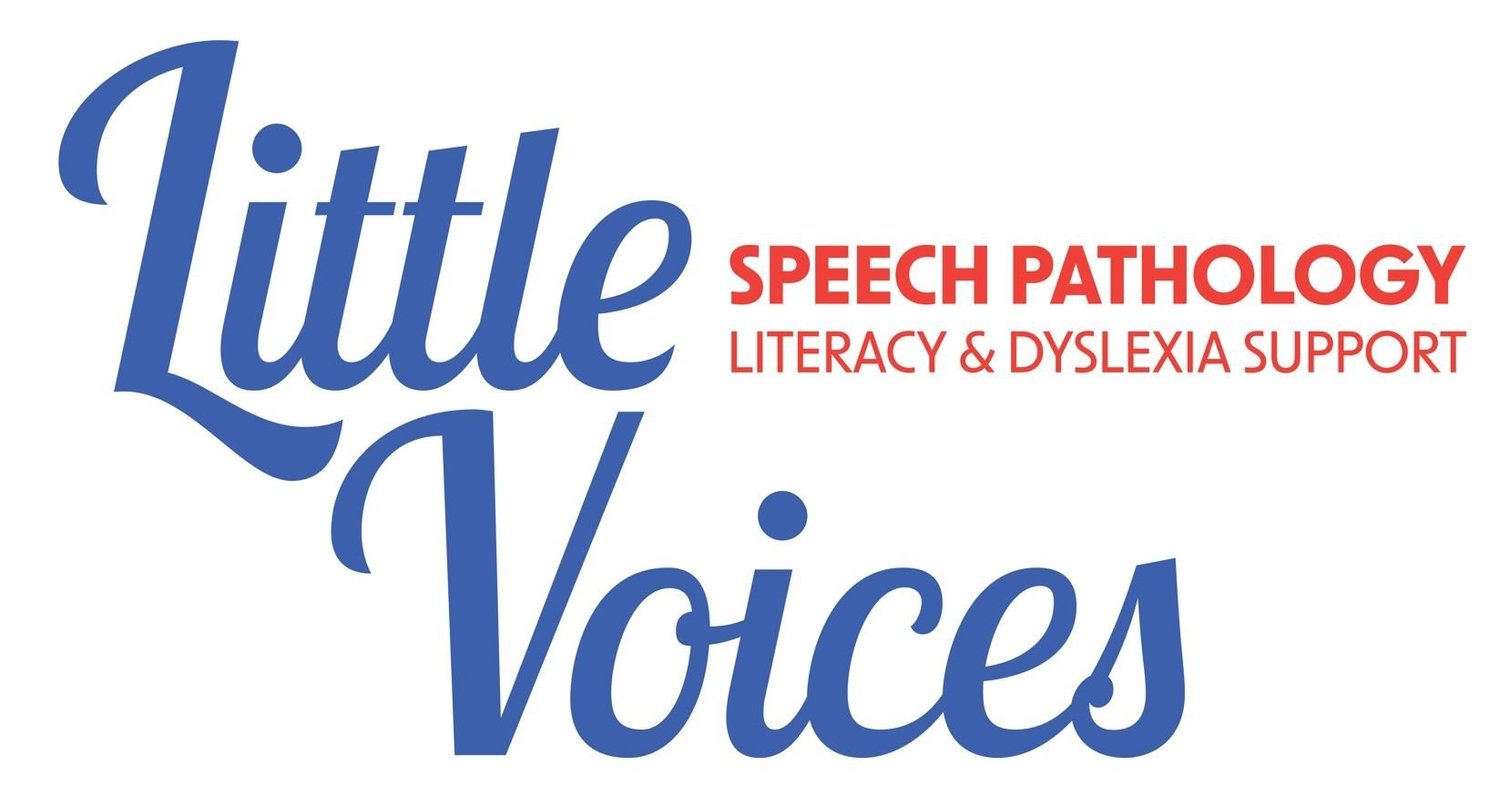FUN ACTIVITIES FOR PRACTISING NEW SPEECH SOUNDS
If your child has seen a Speech Pathologist to help them develop new speech sounds then you’ll know that practising new sounds at home is a vital part of the Speech Pathology process. Learning a new speech sound is just like learning any other new skill, it requires regular practice. When we work with young children though we want to make this practice as fun as possible, so here are a few different ideas of some fun games and activities you can do with your child at home to help them learn their new sound.
Card Games
For a very comprehensive collection of articulation pictures to use in card games click here and scroll down to the word lists.
Memory
This is a Speech Pathologist standard. I must have played this particular game thousands and thousands of times with many, many different children. It is a child’s favourite too. You know the one – you have pairs of cards all turned face down on the table, and you turn 2 cards over at a time and see if you can find all the matching pairs. You’d think after the number of times I’ve played this game that I’d be pretty good at remembering where the matching pairs are, but the kids still beat me most of the time. When using this game for speech practice all the pictures you are using have the special sound that the child is working on. Each time your child turns over a card they say the word on the card.
Go Fish
Using the same collection of picture cards, deal 5 cards to each child (a group of 2, 3 or 4). The remaining cards are messed up, face down between the children. Children hold their cards so they are able to see them, but no one else can. Before starting the game, all of the children put any pairs they happen to have in their hand down and earn a point for each pair.
Starting with the youngest child and moving clockwise, the child asks one of their opponents "Do you have a ____" The card requested should be one the child has in their hand. The child is practising using their special sound in sentences.
If the opponent has the card, they must give it to the child who earns a point for making a match. If the opponent does not have the card they say "Go Fish!" The child must then pick a single card from the messed up, face down pile of cards. If they make a pair, they place it down and earn a point.
If a child runs out of cards, they pick five from the messed up pile. The winner is the person with the most points when all the cards are gone.
Board Games
Snakes & Ladders etc.
Using a basic board game of snakes and ladders, place the picture cards in a pile upside down, and on each turn in the game the players pick a card from the pile and say the word.
This idea can be used in any board game you wish to play (e.g. Trouble, Candyland, Sorry etc.)
Other games
There are so many different fun ways you can use pictures and objects to practice a new speech sound. Here are a few more, but the list is endless.
Fishing game
Make cardboard cut outs of fish and put paperclips on their mouths. Tie a magnet to the end of a piece of string, attach the string to a wooden rod and you have a fishing rod (or use a commercial fishing game). Stick the articulation pictures to the fish and lay the fish on the ground with the picture side facing down. Take turns with the fishing rod trying to catch the fish by putting the magnet near the paperclip. When you catch a fish turn it over to see the picture and name the picture.
Hide and seek
Hide the pictures or objects beginning with the new speech sound around the house and ask the child to go and find them. When the child comes back with their picture or object they name the picture, or to practice putting the word into a sentence they could say “I found the …”.
Articulation iPad apps
My favourite articulation app is Articulation Station. Here are a few others that can be used as well.
Speech sounds 4 kids (Australian version)
These are the only ones I've used. There are many, many more out there but most of the others I've tried are very American. Not to say that some of the above aren't American, but the vocabulary used in them is a little more familiar to Australian children.



